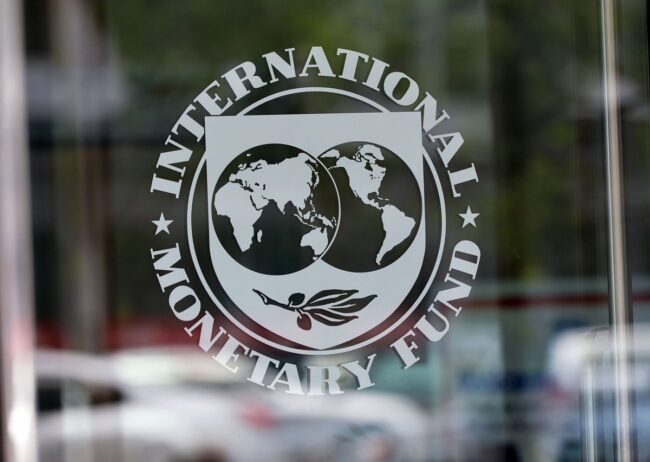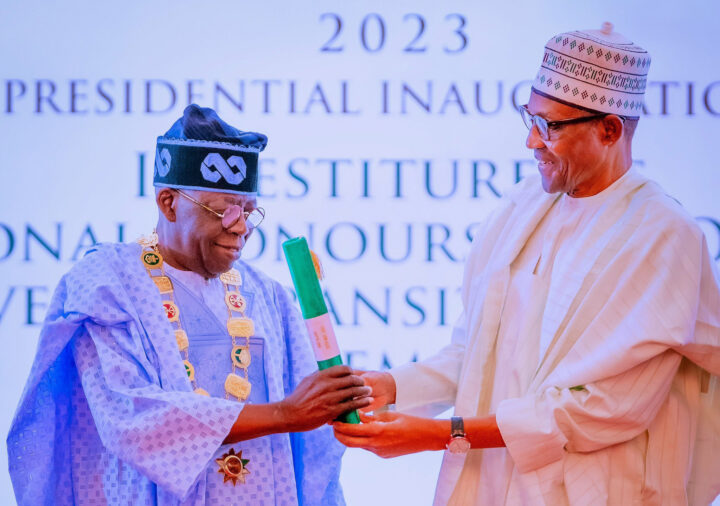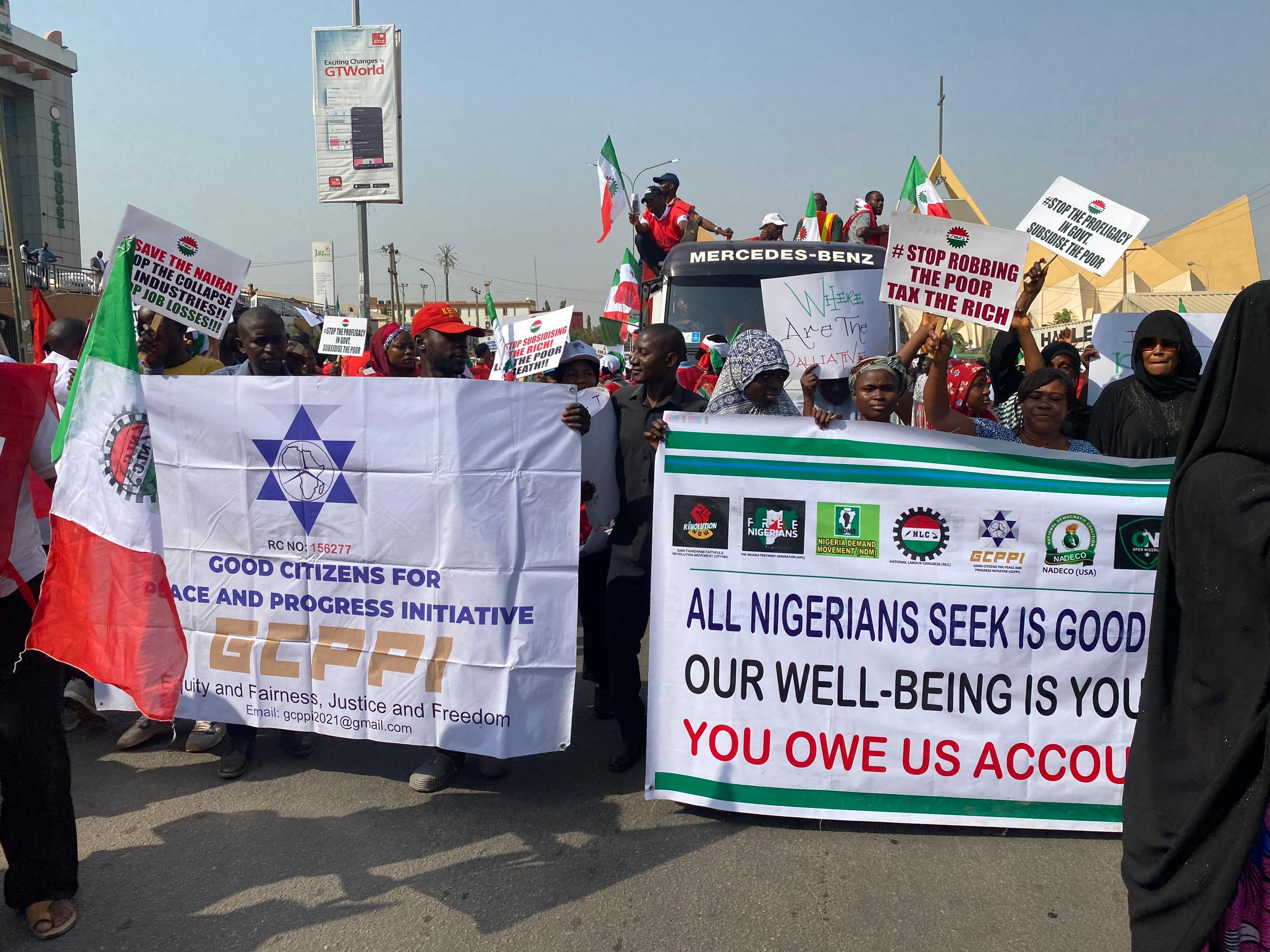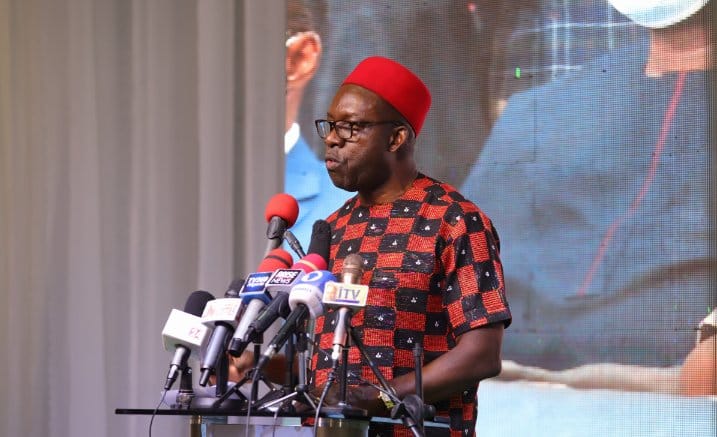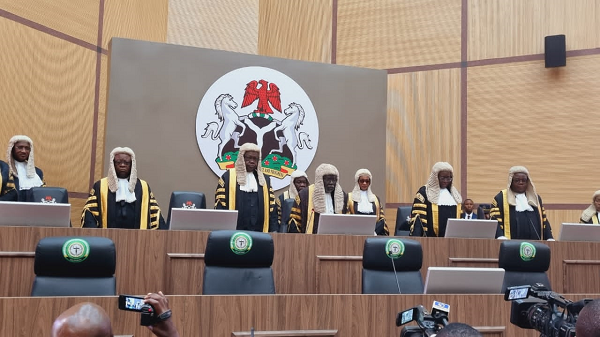The formal establishment of the IMF in December 1945 was dogged by secrecy and subsequent controversies. First, the US Treasury Department which was the main facilitator of the discussions took the unprecedented step to shroud the whole thing in secrecy. The venue chosen for the talks was an off-the-beaten-track, non-descript town of Bretton Woods in the American state of New Hampshire. All approaches to the Mount Washington Hotel venue of the talks were cordoned off by the American secret counterintelligence organisation, the Federal Bureau of Investigations (FBI).
Secondly, throughout the talks, the main point of controversies dithered between the views of British economist John Maynard Keynes and those of Harry Dexter White the US Treasury Department’s chief economist. Whereas Keynes favoured more realistic and easy terms of economic assistance and operations for the new organization in its relations with target countries, Dexter White, however, preferred that the new organisation designed its assistance programs to favour American business interests.
In the end, the IMF that emerged out of these secretive arrangements was structured to reflect the views of Dexter White which sought to provide an opportunity for the total takeover and control of the global economy under American business interests. The controversies surrounding the IMF did not end in 1945 as three years later, in 1948, Dexter White himself was arrested on accusation of spying for the Soviet Union. His subsequent death was attributed to American deep state agents who could not stomach the extent of damage done to American global economic plans by the involvement of so highly placed a personality in the system as Dexter White.
So the IMF that is today breathing down our necks and pressuring our government to surrender the vital props of our economic life has trod a well-known path of economic destabilisation in many countries in the world. When the IMF “advises” a country to implement policies, it does so with the full knowledge and expectation that the policies will fail in the short and long run. It also does this to set in social unrest knowing that the occurrence of such will lead to more panic and dysfunctionality among and within government circles leading ultimately to the government running back to the same IMF which is the source of its problems for solutions. And watching satisfactorily from the sidelines as its prescriptions wreak the havoc it expected, the IMF like the ogre it is proceeds to squeeze more blood out of its hapless victim. That has been the template of IMF’s operations since its founding in 1945 with its prescriptions leaving countries in severe economic distress.
ADVERTISEMENT
Advertisement
This is presently the scenario that we face as Nigerians with the IMF. We can expect that our loud complaints on the current economic hardship notwithstanding, the IMF will not relent on its prescriptions to our government on economic reforms. Indeed it will ask our government to hasten to implement more of its policies despite the protests over the suffering in the country. This is because the IMF’s principals consider both the people and government of Nigeria as economic vassals to be milked mercilessly for benefits.
What then can we do under the circumstances?
Perhaps under pressure from the IMF, President Tinubu has stated that there will be no going back on the IMF reforms he is now implementing. This is unfortunate because in 2012 when President Goodluck Jonathan implemented a marginal increase in the price of petroleum products it was the same Tinubu– then in opposition– who condemned the measure as “Jonathan tax” that inspired protests in Lagos and other parts of Nigeria. The protests led to the Jonathan government reversing the increase in prices.
Advertisement
In the present situation, we have reached a far more dangerous point of threats to not just our economic survival but the existence of our country. The IMF has handed down what it knows as unrealistic policies for the Nigerian government to implement putting it on a collision course with the Nigerian people. And to make things worse, the IMF does not give the government any indication of conceding to the government any grounds in the event of a likely uprising against the harsh economic policies now putting Nigerians on edge.
Well to save itself and Nigeria from the imminent and palpable social revolt, the government must go back to the IMF and renegotiate the terms of the economic reforms it is now implementing in the country. When the survival of a country is at stake, it is absolute nonsense to say that the terms of an agreement with an organisation cannot be reviewed by mutual consent if need be. If the government cannot see the danger of continuing with these policies it must be prepared to live with the consequences.
The government must seek a period of moratorium from the IMF during which it reviews the effects of the policies on Nigerians and in which time it can engage in discussions with relevant stakeholders to help bring about a comprehensive plan that would ease the burden on Nigerians arising from these policies.
If the IMF refuses to grant Nigeria’s wish for a moratorium and review of the policies, then like the Americans of old the Nigerian people and the government must stand up to the IMF and the Americans. If the IMF and America choose to deny us further assistance, they cannot deny us our land, water, air, God-given resources and above all God.
Advertisement
(Concluded).
Gadu can be reached via [email protected] or 08035355706 (texts only).
Views expressed by contributors are strictly personal and not of TheCable.
Advertisement
Views expressed by contributors are strictly personal and not of TheCable.
Add a comment

